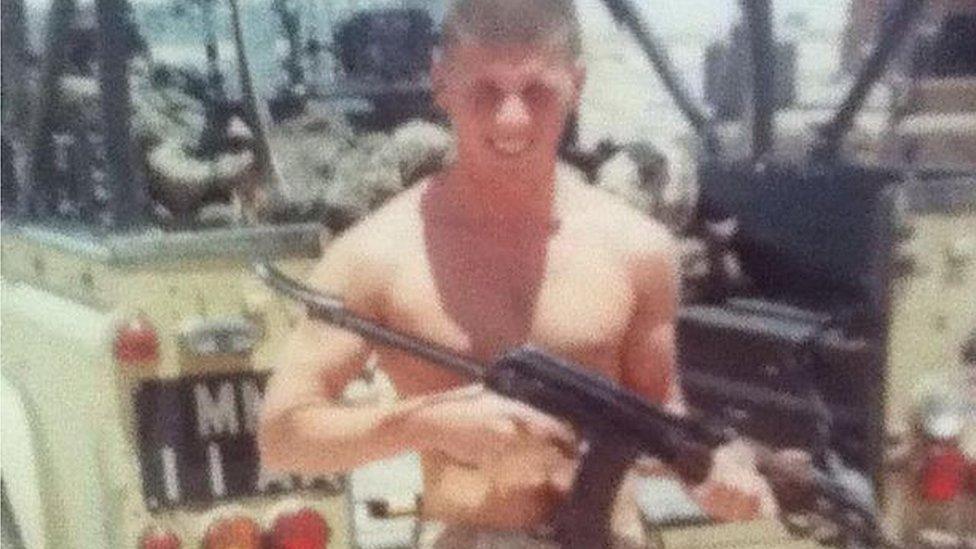Veterans' charity Combat Stress stops new referrals over funding crisis
- Published
Royal Navy veteran Paul Smith says Combat Stress saved his life
A leading mental health charity for military veterans says it will not be able to take any new cases in England and Wales, because of a funding crisis.
Combat Stress said its income has fallen from £16m to £10m in the current financial year partly due to cuts in NHS funding support.
The charity had been receiving around 2,000 referrals for treatment a year.
The NHS said new specialist services for ex-soldiers have helped more than 10,000 people to date.
The NHS said in a statement its "number one priority is providing the best care for veterans".
NHS England had previously commissioned Combat Stress to provide a six-week residential programme, providing them with more than £3m funding a year.
After consulting veterans and their families as part of a review, it has decided instead to use this money on new services, including community-based help, external.
It also provides a range of intensive treatments and interventions for a longer period of up to 32 weeks.
But veterans' minister Johnny Mercer said he will hold an "urgent meeting" over Combat Stress' problems.
Combat Stress said that, until 2018, it was receiving more than £3m a year from NHS England.
But it said 90% of its income is now dependent on public donations.
The charity still receives more than £1m from NHS Scotland and it will continue to take on new cases there and in Northern Ireland.
'Great sadness'
Combat Stress, external - which describes itself as the UK's leading charity for veterans' mental health - said its decision not to take on any new referrals in England and Wales has been taken "with great sadness".
It said it is now faced with scaling back its services and workforce and is consulting with staff about its proposals.
All new referrals will now be redirected to the NHS, which Combat Stress said "needs to demonstrate" it can deal with the additional demands.
The charity's president and former head of the Army, General Sir Peter Wall, said: "The onus to treat the small minority of military veterans suffering from mental ill-health is falling on a charity that lacks the resources to meet the current demand".
He added: "We all have a responsibility to sort this out".
Sue Freeth, chief executive of Combat Stress, has questioned whether NHS England will be able to cope.
She told the BBC: "I don't believe the NHS can pick this up. That is why we exist."
Ms Freeth said 80% of veterans who come to her organisation have either used the NHS and have not had their needs met, or have felt unable to use NHS services.
An NHS spokesman said: "For anyone who has served in the armed forces and may be experiencing mental health difficulties help is available through speaking to their GP or contacting the dedicated NHS services directly."
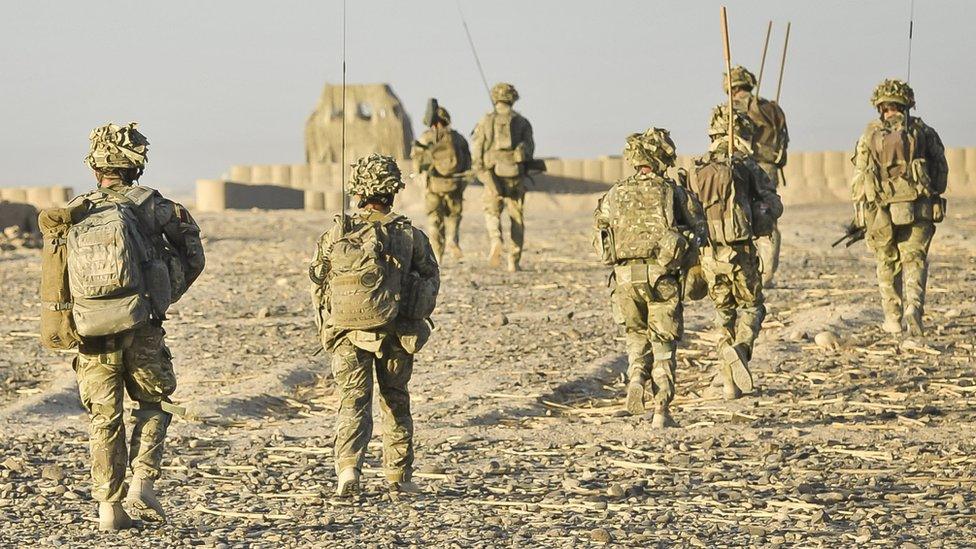
A number of groups and charities have warned of a spike in the number of veterans taking their own lives.
Earlier this month the body of a former soldier, Jamie Davis, was found after he went missing.
His wife Alicia has criticised the "lack of intervention" to help him with his post-traumatic stress disorder.
Army veteran Jamie Davis was found dead six days ago in Totton, Hampshire.
Mr Davis' former commanding officer in Afghanistan has also expressed his concern.
Retired Major Richard Streatfield served in Sangin in 2010 and said Mr Davis was the fourth soldier under his command to have died at home in "similar tragic circumstances".
He said the British army and the government has a duty to dedicate time and resources to those who have been exposed to trauma.
'Saved my life'
Former Royal Navy engineer Paul Smith told the BBC the government needs to do more to support military veterans.
He said Combat Stress "saved my life" as he struggled with PTSD for 30 years after serving in the Falklands.
Mr Smith said he suffered nightmares and flashbacks and became an alcoholic as a result of his military service at the age of 17.
He said the clinicians at the charity know how to deal with veterans who are "scared and frightened, people who are close to ending their lives".
"The men and women of the military serve this country and are willing to die for this country," he explained.
"But they come back and it's as if the government is ignoring them."

You can find information and support on mental health from the BBC Action Line here.
- Published25 February 2019
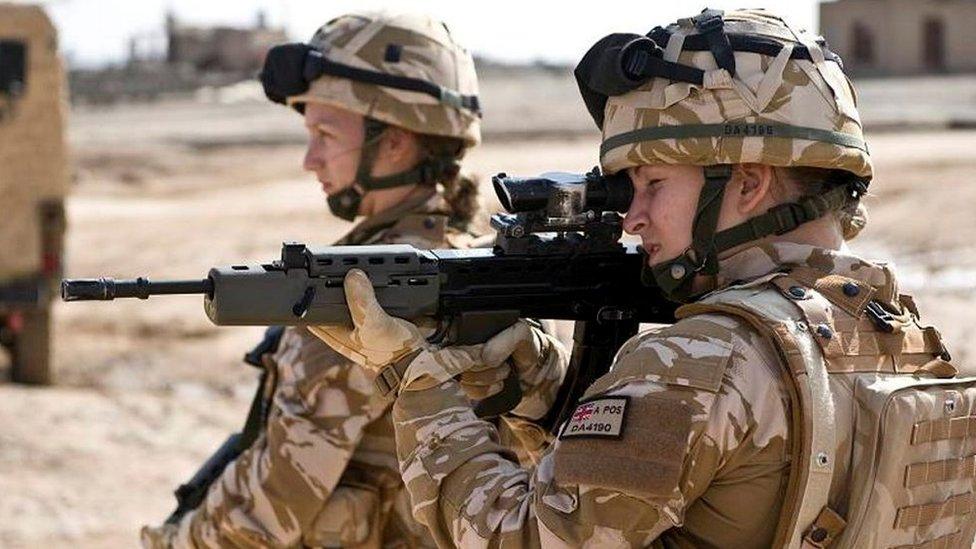
- Published7 November 2018
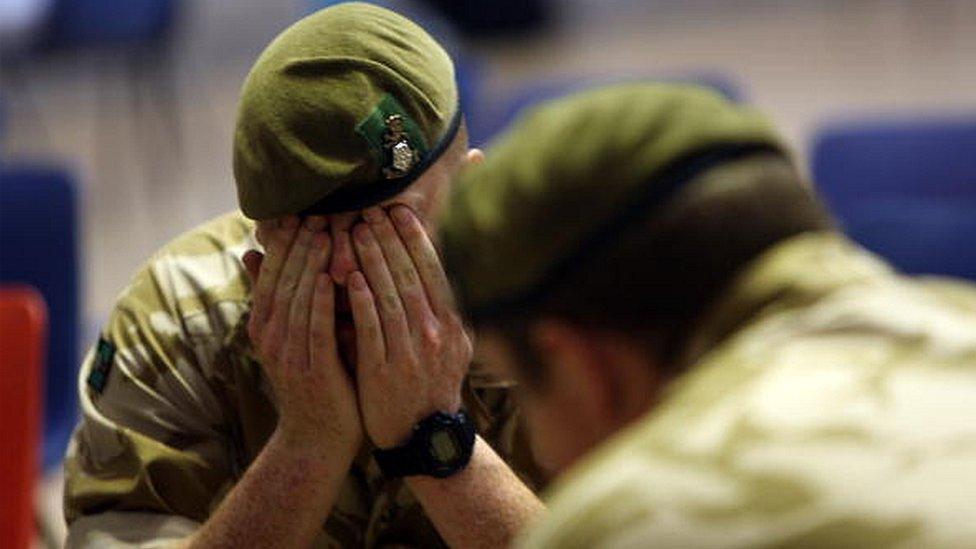
- Published8 October 2018
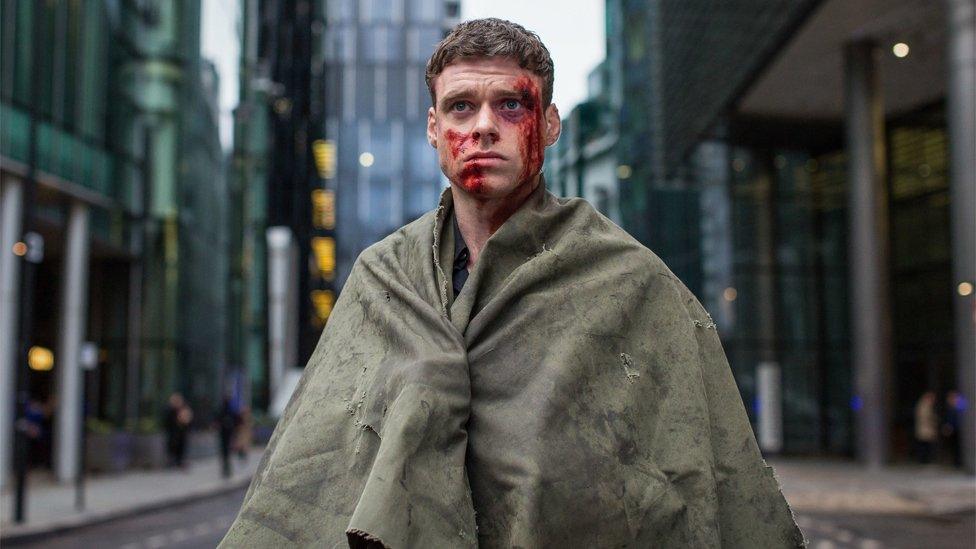
- Published11 October 2018
